How Dental Sedation Can Help Any Patient
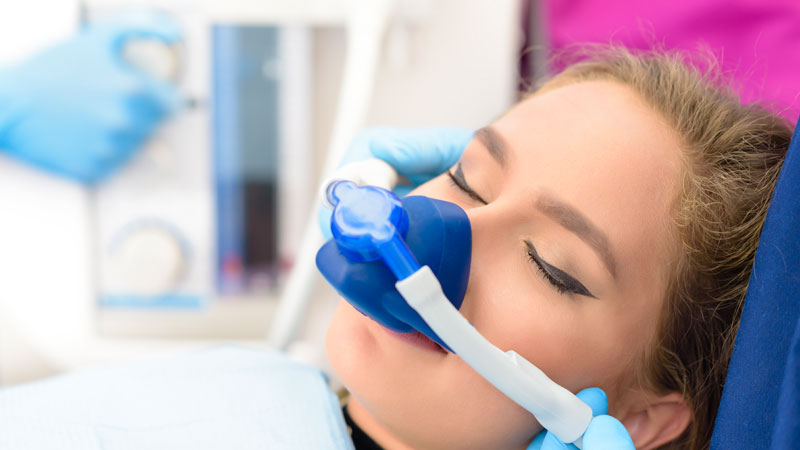
Visiting the dentist is a big fear for many people. Despite the fact that dentists always do their utmost to ensure the comfort of their patients (to whatever extent is possible), many people still find the experience physically uncomfortable as well as scary.
If this sounds like you, our team at Gentle Dental can help you overcome this fear and discomfort with the help of dental sedation. Dental sedation has a lot of benefits for patients who fear the dentist. Read on to find out all about it.
What Is Dental Sedation?
Dental sedation is a technique used during dental visits to help patients relax enough to allow their dentist to perform the required dental work. Dental sedation involves administering medication to patients that will help relax them. While some refer to dental sedation as “sleep dentistry,” this phrase is misleading. In almost every case of dental sedation, a patient will be awake— although they will be sedated. In some cases, a patient may need to be placed under general anesthesia, though, in which case they would be technically asleep.
There are a few levels of sedation available for sedation dentistry:
- Level 1: minimal sedation. This will cause you to feel very relaxed but you will still be awake and oftentimes mentally alert.
- Level 2: moderate sedation (formerly known as conscious sedation). With this level of sedation, you should expect to be unable to remember most of the procedure. This may also cause slurred speech.
- Level 3: deep sedation. You can still be roused to respond with this level of sedation, but you will be on the edge of consciousness.
- Level 4: general anesthesia. Under general anesthesia, you will be completely unconscious.
How Is Dental Sedation Administered?
There are a few different ways that you can administer dental sedation during a procedure. Each has their own pros and cons, and you should discuss which one is right for you with your dentist at Gentle Dental.
Inhaled minimal sedation
With this method, the patient inhales a combination of nitrous oxide and oxygen (commonly referred to as laughing gas) through a mask that the doctor will place over your nose and mouth. The gas helps patients relax quickly, and the amount administered is carefully monitored by your dentist. One downside of this method is that the sedation effects tend to wear off quickly.
*Please note that this is the only method of dental sedation that allows patients to drive themselves home following the procedure. All other forms of sedation require the patient to be picked up and, generally speaking, supervised for a brief period of time.
Oral sedation
You can use this method to administer sedation that qualifies as either minimal or moderate, depending on the dose. Oral sedation means that you will swallow a pill with a prescribed dosage of a sedative drug. Oftentimes, the drug prescribed will be called “Halcion,” which is a derivative of the popular sedative Valium. For maximum effectiveness, patients should take the pill an hour before their dental procedure. Patients should expect to feel drowsy once the pill kicks in, and the pill can also cause some people to feel groggy for a few hours afterward.
IV moderate sedation
This form of dental sedation is more intense and involves the distribution of a sedative intravenously into the bloodstream. This method allows the medicine to take effect more quickly than taking a pill, and it also allows your dentist to control and adjust the sedation levels throughout the duration of the procedure.
Deep sedation / general anesthesia
This method causes you to become completely unconscious or nearly completely unconscious. This is a good choice for procedures that will be more invasive or may take a long time to complete.
In addition to whatever sedation method the patient receives, they will also likely be given a local anesthetic which will numb the area where the dental work is being performed.
What Are The Benefits Of Dental Sedation?
There are a ton of reasons why dental sedation may be right for you. Here are some of the benefits that dental sedation can give you:
1. Dental sedation reduces and helps manage anxiety
Anxiety about visiting the dentist is one of the main reasons why people avoid going altogether. This isn’t a very sustainable option, because neglecting professional oral care can cause a lot of health problems. These problems can vary from person to person, but the longer you put off visiting the dentist, the more serious your problems are likely to be when you do.
Luckily, dental sedation allows you to seriously reduce this anxiety. The use of sedatives helps to suppress your brain activity and keep you feeling nice and relaxed.
2. Dental sedation can reduce physical discomfort
Fear of the dentist can exacerbate any pain or discomfort you may feel during a procedure, magnifying your feeling of negativity about the experience. Dental sedation is a great option to help you feel more comfortable during dental procedures, which can make the whole thing a lot more enjoyable for you.
3. Dental sedation is a safe option
Some people incorrectly assume that sedation isn’t a safe option, but they’re not correct! When your dentist is trained to administer sedation and monitor patients— like the team at Gentle Dental— during a procedure, dental sedation dentistry is totally safe option to make your dental visit easier for you.
4. Recovery is speedy
Most methods of dental sedation have a fast recovery time, which means you don’t have to sacrifice an entire day following your dental procedure. With more intense forms of dental sedation, you may feel a bit groggy after the procedure finishes, but it shouldn’t be too severe and all effects will totally wear off by the next day.
If you think you could benefit from dental sedation, contact the friendly team at Gentle Dental for a consultation today.


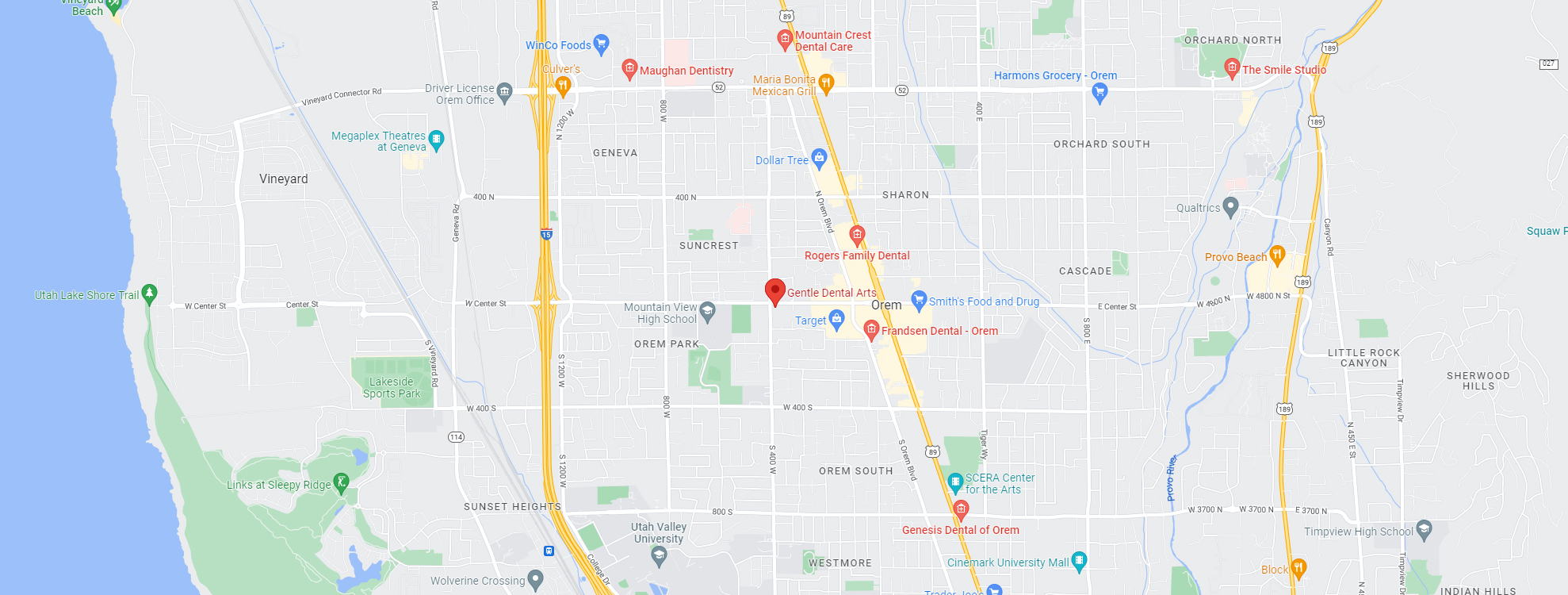
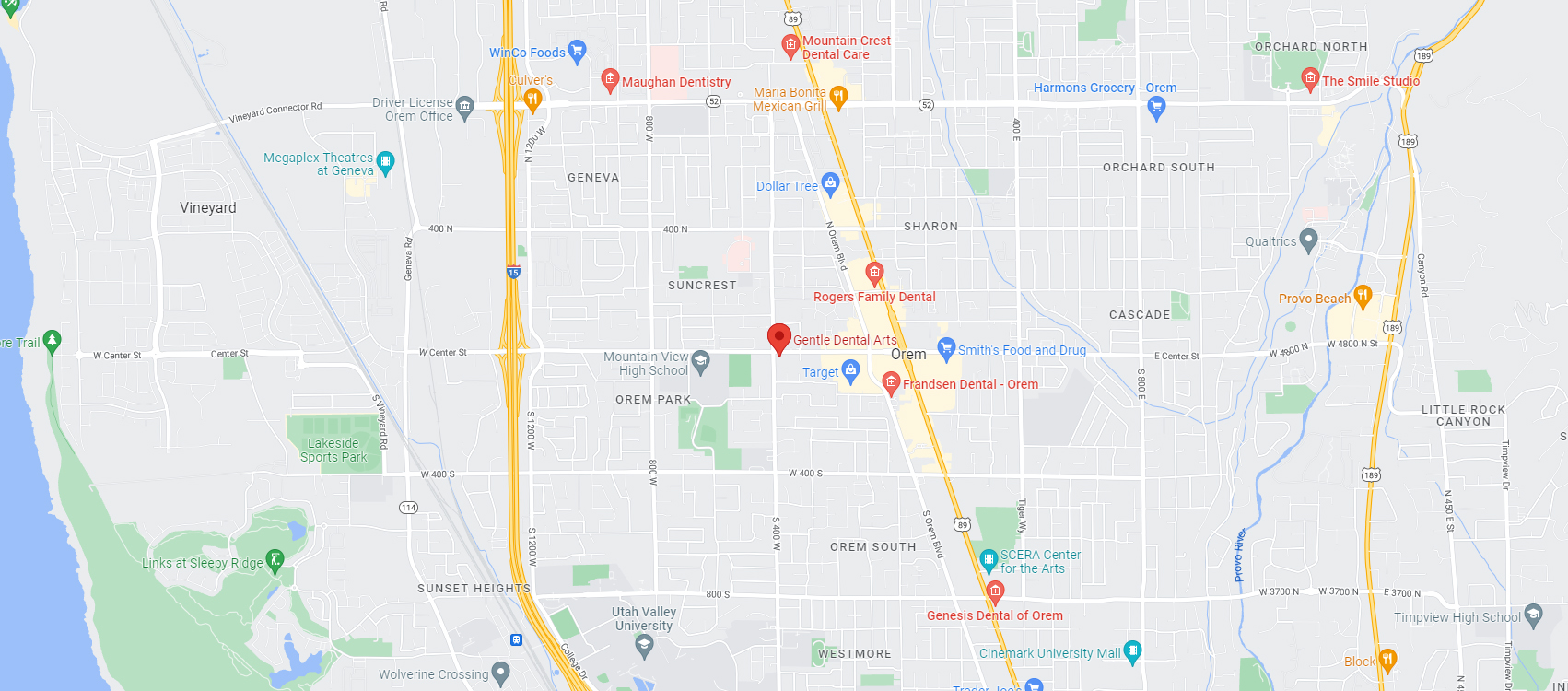
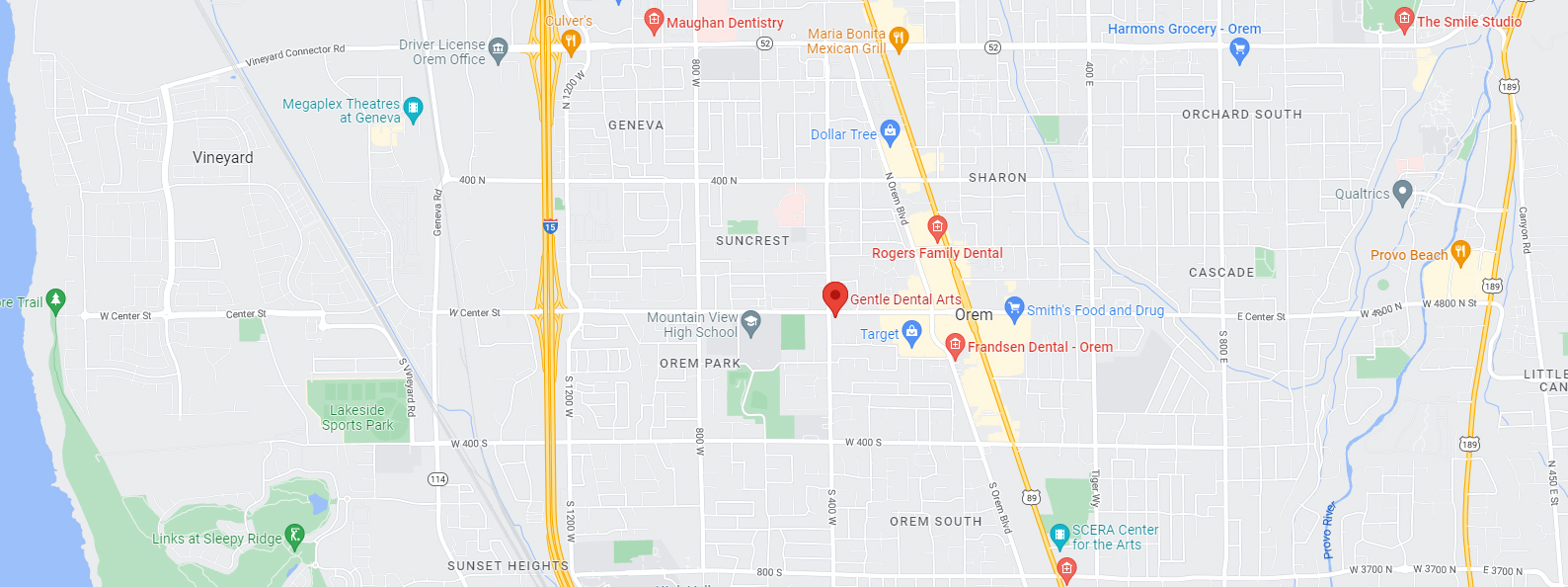
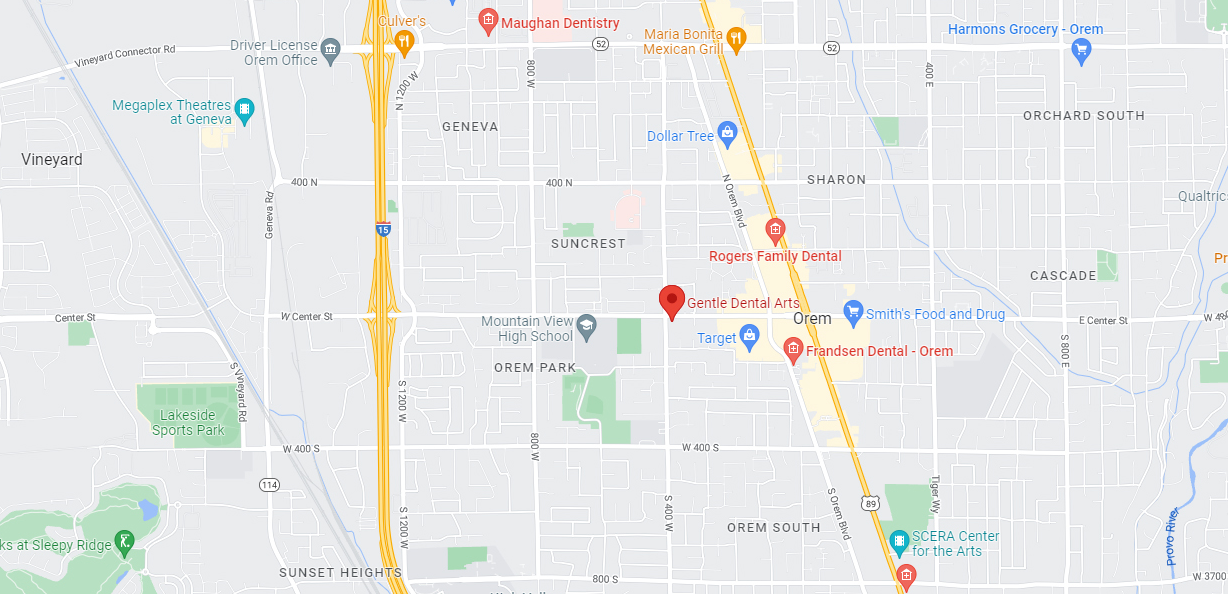
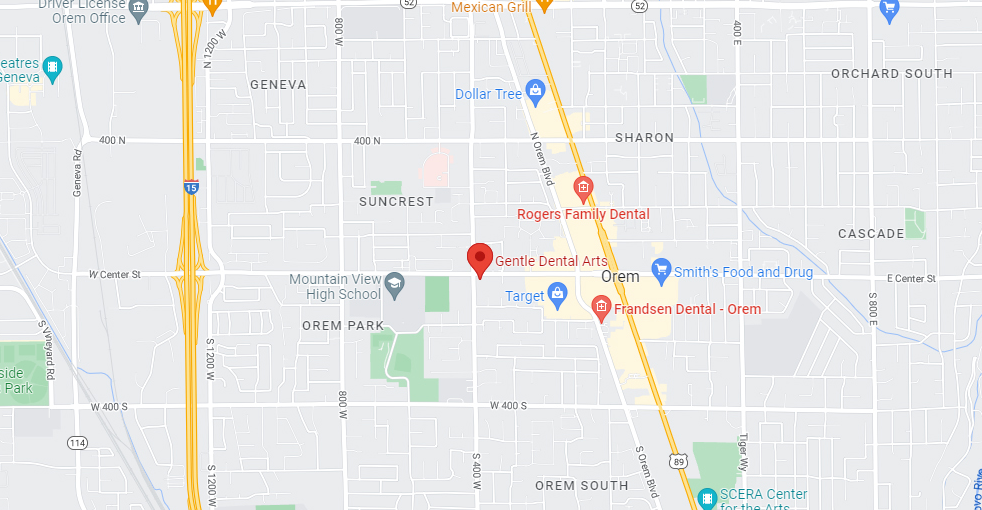
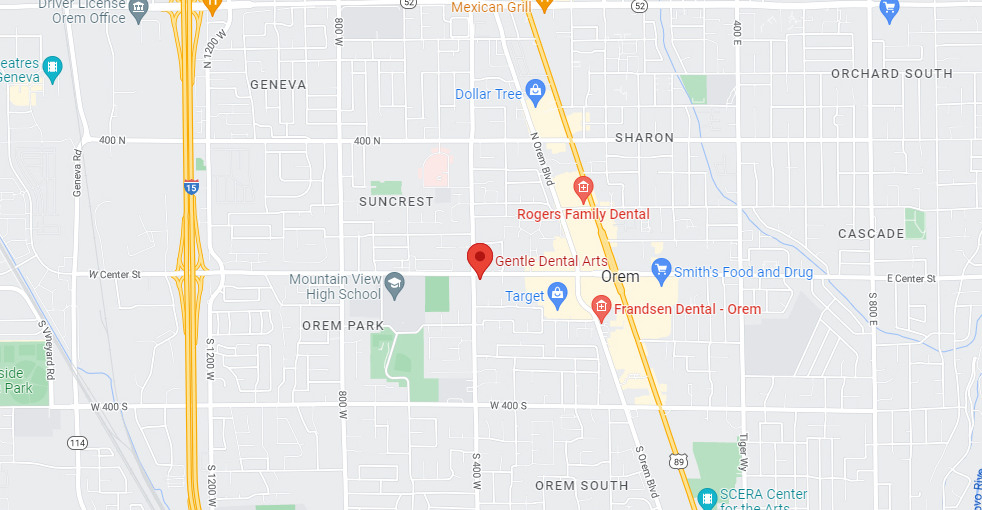


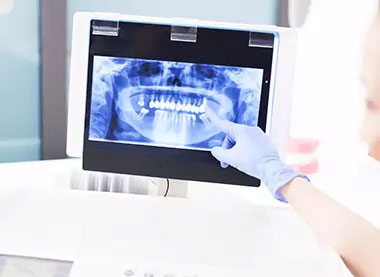


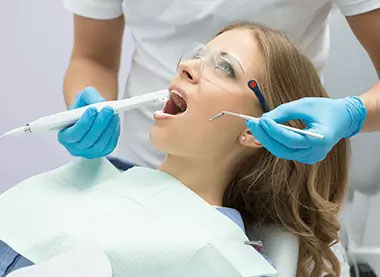
Please login to publish a comment.
Comments (0)